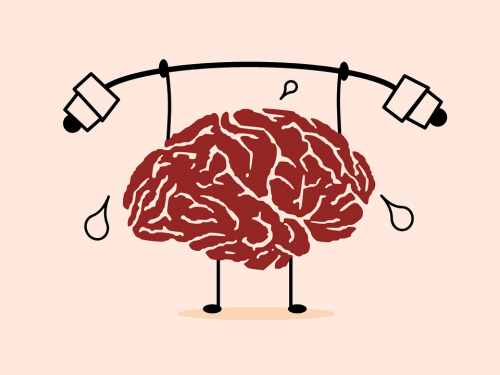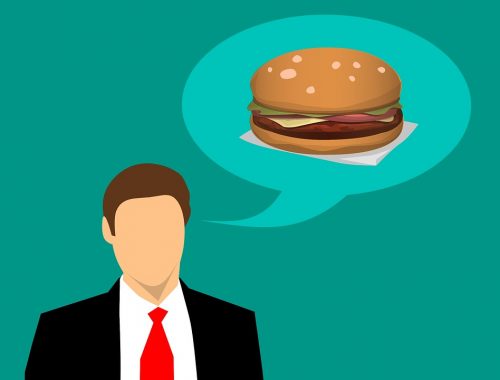People who suffer from depression and anxiety may benefit mental health by changing their diet. “Making little changes to your diet can add up to BIG health benefits,” says Elaine Magee, MPH, RD. So it is significant to understand the role of the food you eat and those you don’t because every type of food you take in can create a substantial impact on your mood, function, and development. It will become a practical basis to reduce symptoms of depression which is useful in psychiatric treatment.

How Can Food Affect Your Brain?
According to Jodi Godfrey, MS, RD, a health and nutrition educator, “There is a clear and important connection between the brain and the gut.” No specific diet can instantly improve your mood and function and estimate the nature of your mental condition. However, the importance of nutrients and minerals are essential for healthy brain chemistry, so that brain chemicals called neurotransmitters can be produced. These are the chemical messengers that carry signals between neurons that can affect your sleep, mood, attentiveness, and weight. The loss of neurotransmitters (dopamine, serotonin, and norepinephrine) can immensely increase the level of depression. Therefore, your brain needs nutrients to be able to produce neurotransmitters.
How Can You Provide The Nutrients For Your Brain?

It is necessary to make sure that your body and brain get all the essential nutrients they need including carbohydrates, amino acids, proteins, vitamins, minerals, omega-3 fatty acids, and enzymes. Conversely, proteins help in boosting alertness, energy, and concentration. The nutrients can come from fish, meat, beans, eggs, nuts, and milk products. On the other hand, carbohydrates from wholegrain, fruits, and vegetables are beneficial in increasing the levels of serotonin (a mood regulator) in the body. It’s also essential to maintain a healthy balance of hormones from such vitamins and minerals. Omega-3 fatty acids from certain oils, leafy vegetables, and other types of seafood are also an essential factor in providing a stable mental function.
What Food Can Damage Your Mental Health?

Meanwhile, though people still consider fried food, experts advise them to decrease their consumption of those with preservatives, processed and canned, and those served in fast food chains due to their adverse effects. These adverse effects somehow result in the depletion of nutrients from the body that affects blood sugar, consequently contributing to depression. Also, high caffeine intake is associated with anxiety where it aggravates several levels of insomnia. Other than that, high levels of refined sugar used in soda and energy drinks are also linked with depression. Most experts also advise not to consume alcohol in large quantities as it can contribute to mental dysfunction and may lead to addiction at some point.
Our brains will be susceptible to mental decline and disease if we don’t give it enough micronutrients, so it is essential to know the different kinds of food that we consume almost every day. Not only does food help us attain focus and mental clarity, but it also lessens our chance of getting mental illness.
Diet alone cannot cure depression and it doesn’t give a complete treatment for a mental disorder. However, it plays a noticeable role in relieving the symptoms of depression. Make sure to talk with a healthcare provider about the changes in your diet so you can become fully aware of the importance of healthy food consumption.
“By choosing foods that can give you steady energy, you can help your body stay healthy. This may also help your mind feel good,” says Carol A. Gooch, M.S., LPC, LCDC, LMFT.
